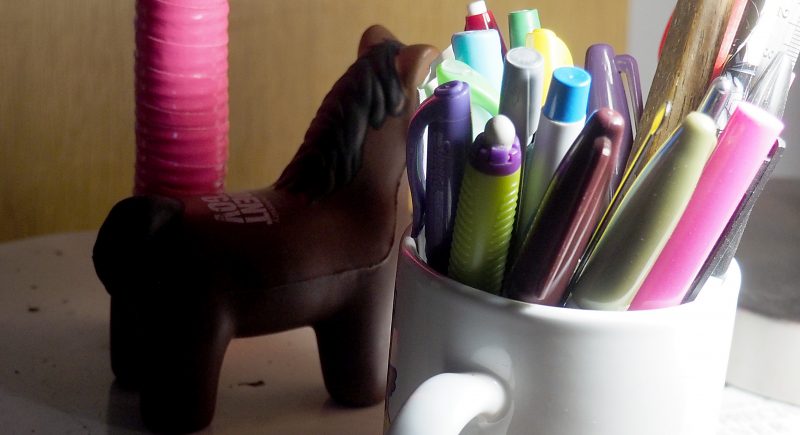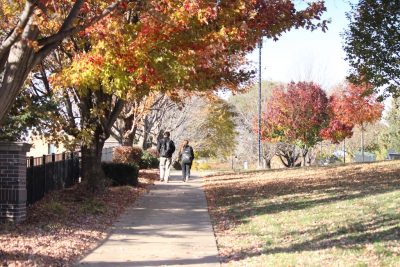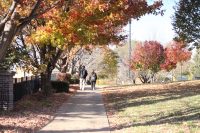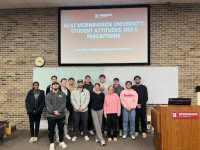by Josie Dike--It is that time of year when things are simply starting to get hard. Students are becoming more stressed with major papers or projects sneaking up and final exams approaching. Not to mention, the weather is getting colder and a cozy bed sounds nicer than walking anywhere on campus.
With all odds against college students, how do they conquer any struggles they may have to retain information for their studies?
Andrew Gerodias, a psychology professor at Morningside had some insight to share about getting over those humps of knowing when or how to study.
“First and foremost, notes should be put into your own words rather than just copied from the lecture verbatim. This allows for your own understanding to take form and it reinforces the information into your memory,” said Gerdodias.
Although this may seem like a basic skill for students, it tends to be one of the hardest to maintain. In many classes professors cannot stress enough about the importance of note taking and putting the information in your own words. As a student, you want to create a deeper understanding of what you are learning and have it stick around in your head for a long time.
Regina Bade, a math professor and tutor at Morningside also stresses to her students to handwrite their notes. “Research says that writing your notes by hand makes a direct link between the information and your memory,” Bade goes on, “typing doesn’t really allow your brain to actively participate in any long-term memory traces,” said Bade.
It not only takes good note taking skills to be sufficient with studying either. “In order to be successful in my class, or in general, you must take an interest in learning and have openness to be active and ask questions,” said Gerodias.
Gerodias explained that being active during class and answering or asking questions is another way to engrave information in your head. Taking initiative and being an active student in class can make class go by faster, but it can also make it easier to have another memory trace to remember by. Not only does this help with the absorption of knowledge, but an active class helps your peers learn, makes the learning environment more enthusiastic, and shows the professor that you are making an effort to learn the material.
If you are uncomfortable with asking questions in class, there are tutors that are available in the library.
“Some students need that one on one time,” said Bade. Even if you are an active participant in class and you just need some extra help, it is of utmost benefit to reach out to resources on campus.
When asked about his own study struggles in college, Gerodias said, “During my undergraduate years I struggled with note taking and doing the readings. I had to pay close attention or else I would lose focus and quit taking notes. This also would happen with reading, often ending with me nodding off and not finishing the chapter.”
Even though the weather is cold and it seems to be a hassle to leave your room, all it takes is a walk to the library or your favorite study spot to get your mind more alert and ready to learn.
Gabe Marthaler, a student at Morningside, said, “I like going to the library because it’s a good central place on campus and it gets me out of my room.”
Sometimes students become hermits, especially during the winter time. So, finding a place you enjoy studying besides your dorm may benefit your attention span and help prevent you from dozing off.
With winter break around the corner, it is hard not to get lost in the anticipation of a break from school. However, keeping up with good study habits by taking your notes, participating in class, reaching out for help, and venturing out of your dorm will make for a strong finish to the semester.









Leave a Reply